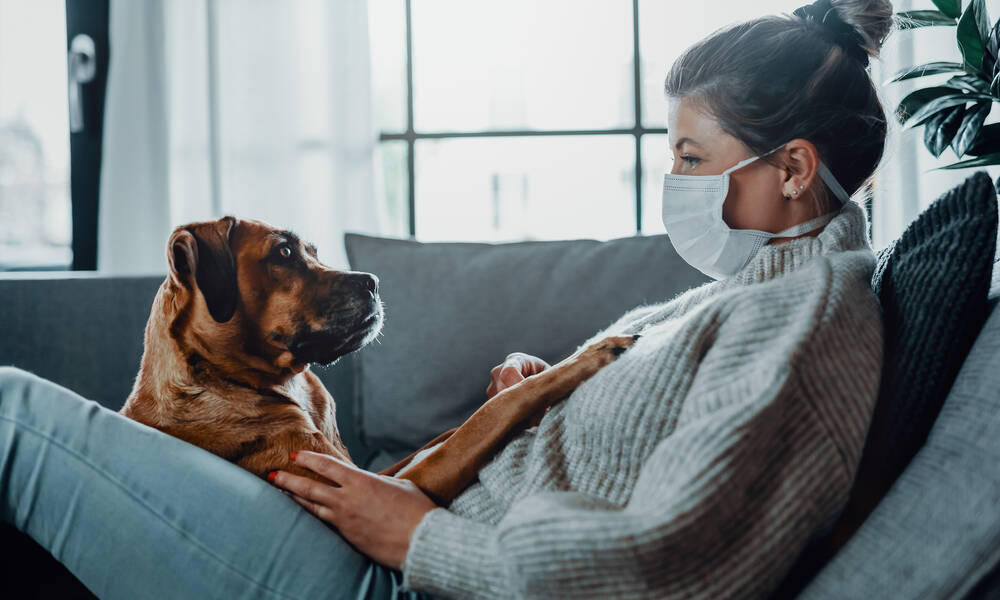
Collaborative Advocacy Push Gives Pets a Much-Needed Lifeline
An industry coalition came together quickly to ensure America’s pets had uninterrupted access to food and supplies to survive an unprecedented global crisis.
As the COVID-19 outbreak unfolded in early March, the pet care community knew a proactive effort would be necessary to keep pet businesses exempt from mandatory closure directives so that the 85 million pets in American households could still be cared for. The Pet Industry Joint Advisory Council quickly brought together a coalition of pet-related businesses and trade organizations to draft “An Open Letter to Federal, State and Local Government Officials Regarding Pets and COVID-19 Precautions.”
The letter was signed by the American Pet Products Association, the World Pet Association, the Pet Industry Distributor’s Association, the Pet Food Institute, IndiePet, the Human Animal Bond Institute, and the American Kennel Club—along with over 1,000 businesses ranging from small shops to nearly all of the top 25 national chain retailers. Their message: that businesses and services that provide for the food, housing, and medical needs of pets had to be deemed “essential.”
“The speed with which we were able to assemble our coalition is a testament to the relationship that we at PIJAC have with other associations and companies in the pet care community,” said Mike Bober, president and CEO of PIJAC.
PIJAC decided to reach out to its network and engage nationwide. If a jurisdiction didn’t explicitly exempt pet care businesses from the local stay-at-home order, the coalition used the letter to show the scope of the impact on pet care businesses. Customized, state-specific versions of the letter demonstrated the number of businesses that pet owners depended on in a specific area. As a result, most pet care businesses were able to stay open and ensure that pet owners could access necessary pet food and products without interruption.
“The long-term outcome is that it has demonstrated the value of PIJAC’s voice in Washington to members of the pet care community who hadn’t historically engaged with us. It has also encouraged our community to think about the big picture as they navigate what it means to be an essential business,” Bober said.
For other associations that need to move fast on similarly pressing advocacy initiatives, Bober recommends planning ahead and having solid relationships in place—with members, association leaders, and other organizations.
“Don’t wait for an emergency to happen to start reaching out and creating connections,” he said. “The fact that we already had close relationships with other associations in our space was key. They were able to amplify the message through their membership and we all spoke with one voice.”
At a time when so many things were seemingly out of everyone’s control, Bober said it was gratifying to achieve something small but substantive by raising an issue that had the potential to be overlooked by lawmakers who were, understandably, focused on human health.
It was a tangible achievement that helped PIJAC’s members weather an unprecedented crisis. “It enabled them—and the pet care community at large—to continue to provide for beloved pets, pets that people depend on for companionship and comfort while socially isolated,” he said.
(Manuel Tauber-Romieri/iStock/Getty Images Plus)






Comments